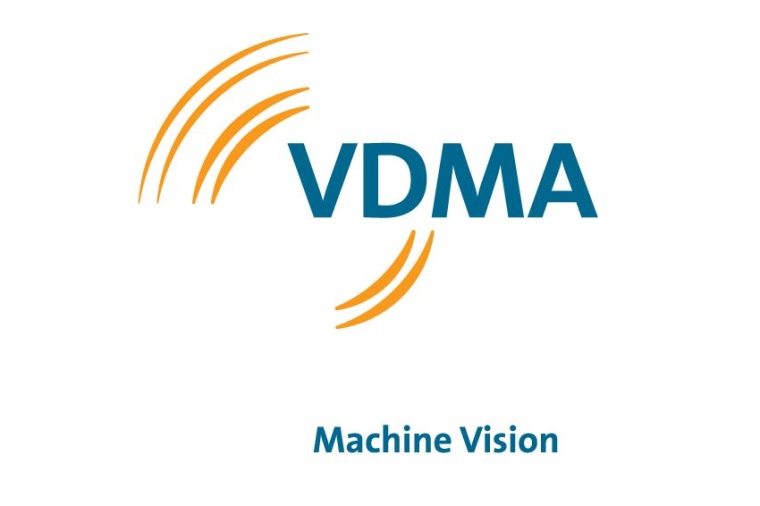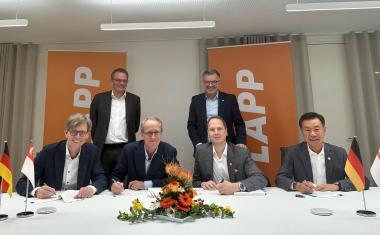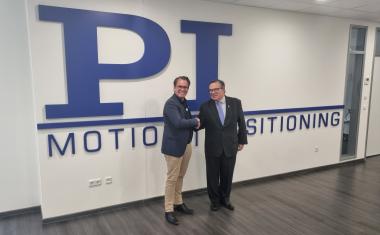VDMA and Spectaris against PFAS ban
According to the associations, the EU's planned general ban on the PFAS group of substances would be an enormous threat to high-tech industries.
The PFAS consultation phase of the European Chemicals Agency (ECHA) comes to an end. A current survey by the two industry associations SPECTARIS and VDMA shows the shortcomings of the chosen process.
The substance group of per- and polyfluoroalkyl substances (PFAS) is of enormous importance for industrial production because these substances hardly show any wear even under extreme temperatures or in aggressive environments - such as acid processes. This means that PFAS are virtually indispensable for many production steps, for example in the manufacture of medical devices, semiconductors or in clean rooms, because there are no alternative substances that have similar quality or safety.

Of course, very careful handling of dangerous substances is necessary in order to protect people and the environment as best as possible. But of course it is also necessary to take a more differentiated approach and approach, as well as to carefully weigh up the benefits and risks that can arise when using these substances. Manufacturers of medical technology products, semiconductors and other high-tech devices rely on the use of PFAS components - and are therefore concerned that a general ban planned by the EU on all around 10,000 PFAS would cause considerable economic and social damage.
The responsible European authority ECHA gave companies until today, September 25th, the opportunity to express their concerns about the planned ban. Large numbers of companies from the medical technology and mechanical and plant engineering sectors have taken advantage of this opportunity. Approximately every second company took part in the consultation process, as a recent survey by the two industry associations SPECTARIS and VDMA among their member companies showed. This shows the enormous impact of such a ban.
Consultation only covers a part of the applications
However, the survey also shows that only some of the applications were covered by the consultation process. Around a third of all companies have their products affected, but are unable to submit exceptions due to the difficult data situation. For these cases, too, the ECHA envisages a blanket immediate ban, similar to frying pans and raincoats, which massively endangers the ability of German high-tech companies to survive and innovate, but ultimately also affects the supply of essential products to the population.
In a press conference in Frankfurt, the two entrepreneurs Stefan Dräger, CEO of Drägerwerk, and Dr. Stefan Rinck, CEO of Singulus Technologies and Chairman of the Research and Innovation Committee in the VDMA, discussed the possible effects of a general PFAS ban on their companies and industries. Stefan Dräger: “The durability, which is used as an argument for the broad restrictions, is precisely the essential property that makes these materials so indispensable. That's why any substitute will have the same problem. In addition, the development and approval of alternatives, if they exist at all, would not be feasible within the proposed deadlines because their clinical validation and biocompatibility testing are very time-consuming, not least due to the high regulatory requirements for medical technology. Dr. Stefan Rinck: “The realization of the energy transition and the development of a domestic semiconductor industry are simply unrealistic without PFAS! A large proportion of key industries in Europe rely on the use of PFAS. We are in no way opposed to the regulation of dangerous substances. However, such regulations must take a differentiated approach to the different applications.”
Basically exempt fluoropolymers from the ban
The ECHA wants to examine the companies' submissions in the coming months and then approach the EU Parliament and the European Council with a concrete regulatory proposal. Although the framework chemicals regulation REACH requires a risk-based approach, the PFAS restriction process was initiated without this requirement. The resulting administrative act takes place without appropriate political balancing of interests. The two associations are therefore demanding that at least fluoropolymers – the so-called “polymers of low concern” – which demonstrably pose no danger to people or the environment, be fundamentally and indefinitely exempt from the planned ban. The industrial and commercial use of PFAS components in closed systems is also better than simple consumables. And essential products for society, which are needed for medical care, chip production or the energy transition, must continue to be able to be manufactured and marketed in Europe in the future. The route recommended by ECHA via individual exceptions does not meet these requirements in any way, given the complex supply chains and non-existent and inadmissible alternatives. On the contrary: European industry is turning away from its domestic location.
The two associations are now calling for quick signals from German and European politics: high-performance materials made from and containing PFAS and, in particular, fluoropolymers must continue to be available to our society in the future.











